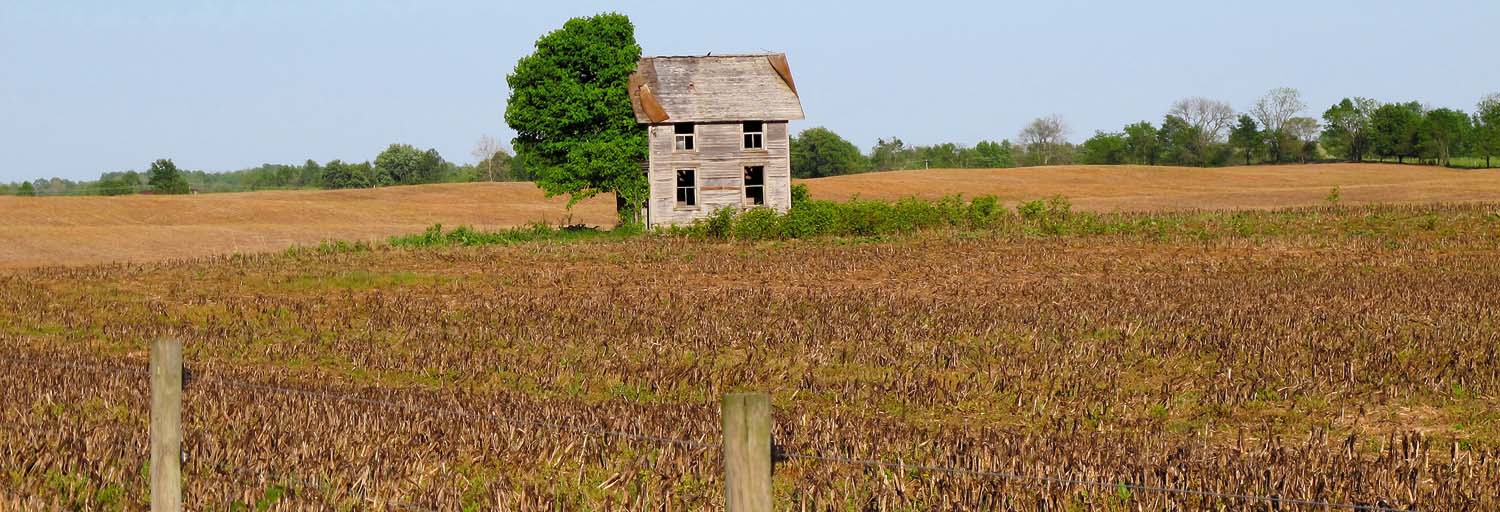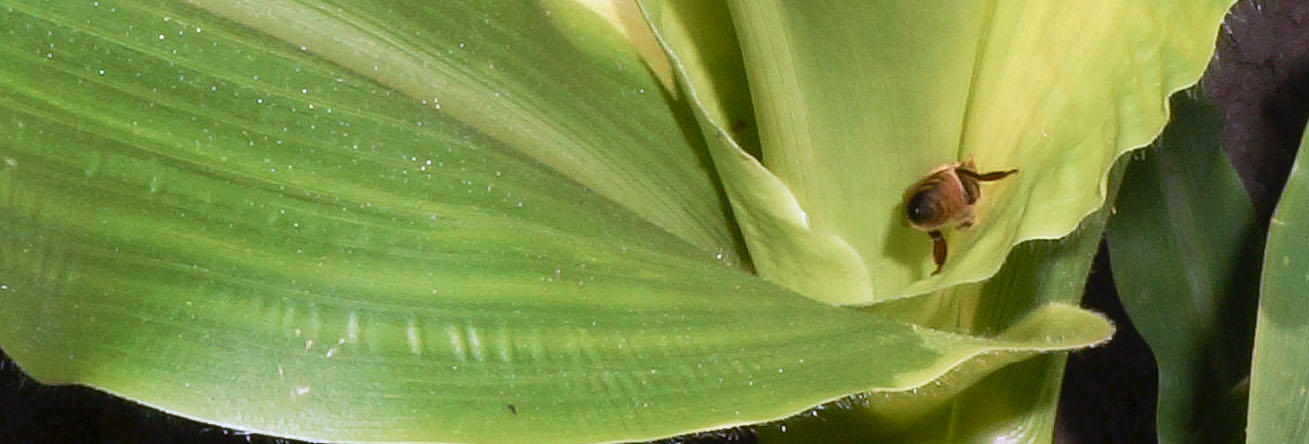Bees visit corn for pollen, period. Bees visit canola for pollen. Bees visit potatoes for pollen (Danish tests). Bees visit a lot of flowers for pollen. Bees get what the pollen is enriched with. Neonics are not good for bees.
Bees On Corn
This morning the bees flew heavily on flowering corn. I’m sure they were happy for the EU ban on treating seeds with neonics. It would have been no good for the colony with beebread made of pollen from corn grown
Towards treatmentfree beekeeping
Why treatmentfree bees when you are not treatmentfree yourself? Every stressfactor put burdon upon the bees and lower the immune system. You can’t hinder the farmer from using pesticides, but you can stop yourself. If you manage to do that,
Feral bees on corn and GMO

A lot of discussion is going on which role neonicotinoides and gmo play for die offs and ccd of bee colonies. A poison is never beneficial, neither for bees nor for man (well, many are used as plant protection). And
Bees suck fluid on corn

For whatever it may mean – concerning discussion of the danger of neonicotinoid plant protection poisions – for bees in first place. Poision is never harmless, even if the harm it may cause to others than the target bug, vary
The bee colony that refused to die
In 2007 Karin worked on becoming a commercial beekeeper. She wintered 30 bee colonies. She invested in honey extracting facilities. In spring 2008 she had 2 colonies left. In the county where she lived Varroa had just arrived and the
Neonics and birds
Imidacloprid structure overlaying honeycomb of the Western honey bees (Credit: Williamseanohlinger/Wikimedia, and Waugsberg/Wikimedia) The effects of neonicotinoides on bees are wellknown today. Reports are emerging of effects on other creatures making us wonder if they are that innocent for our
Die-offs in America 2013
Kim Flottum i s editor of BeeCulture in USA, one of the big bee magazines over there. In his April issue he had an editorial, named as always ‘Inner Cover’. He covered a serious and difficult issue, as well as